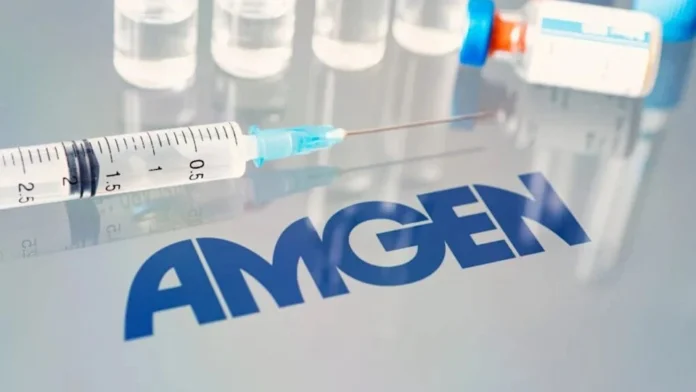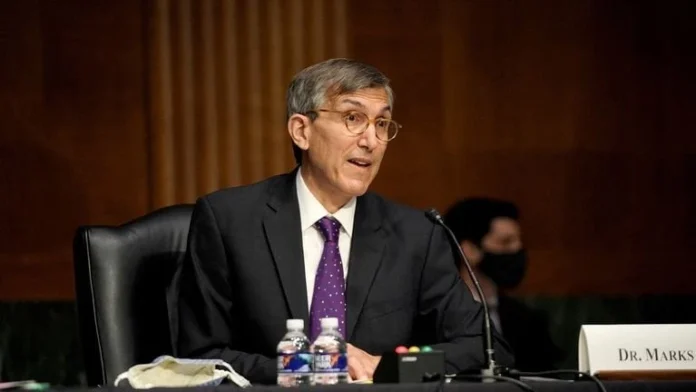US FDA approves Amgen’s Uplizna as first treatment for rare immune disorder
The U.S. Food and Drug Administration has approved expanded use of Amgen’s (AMGN.O), opens new tab drug, Uplizna, to help reduce the risk of flares in patients with a rare immune system-related condition, the regulator said on Thursday.
The drug, also known as inebilizumab, has now become the first FDA-approved treatment for Immunoglobulin G4-related disease (IgG4-RD), a rare condition in which an overactive immune system can lead to inflammation and scarring in various organs, including the pancreas, liver and kidneys. It affects 20,000 people in the United States.
Uplizna, given by infusion, is designed to bind to a protein located on the surface of B cells, the underlying inflammatory cause of IgG4-RD and other autoimmune conditions.
“By removing or depleting these B cells throughout the body, both in the circulating blood and in the tissue, there’s a chance for Uplizna to confer a real benefit,” said Jay Bradner, Amgen’s head of research and development.
The U.S. list price for Uplizna is $140,248.50 per dose, Amgen said. After two initial loading doses, patients receive Uplizna infusions every six months.
The approval was based on data from a late-stage study in which Uplizna helped reduce the risk of flares by 87% compared to a placebo.
“This would be a fairly compelling drug that is infrequent, fairly safe, and very effective,” TD Cowen analyst Yaron Werber told Reuters ahead of the decision.
Werber estimates Uplizna to generate global peak sales of $1.3 billion by 2030 for IgG4-RD alone.
Uplizna, which was already approved for a rare, severe neuroinflammatory disease called neuromyelitis optica spectrum disorder, brought in sales of $379 million in 2024.
Steroids — usually used to manage IgG4-RD — have many negative effects on patients, including mood changes, weight gain and osteoporosis, said Dr. Matthew Baker, associate division chief of immunology and rheumatology at Stanford University.











